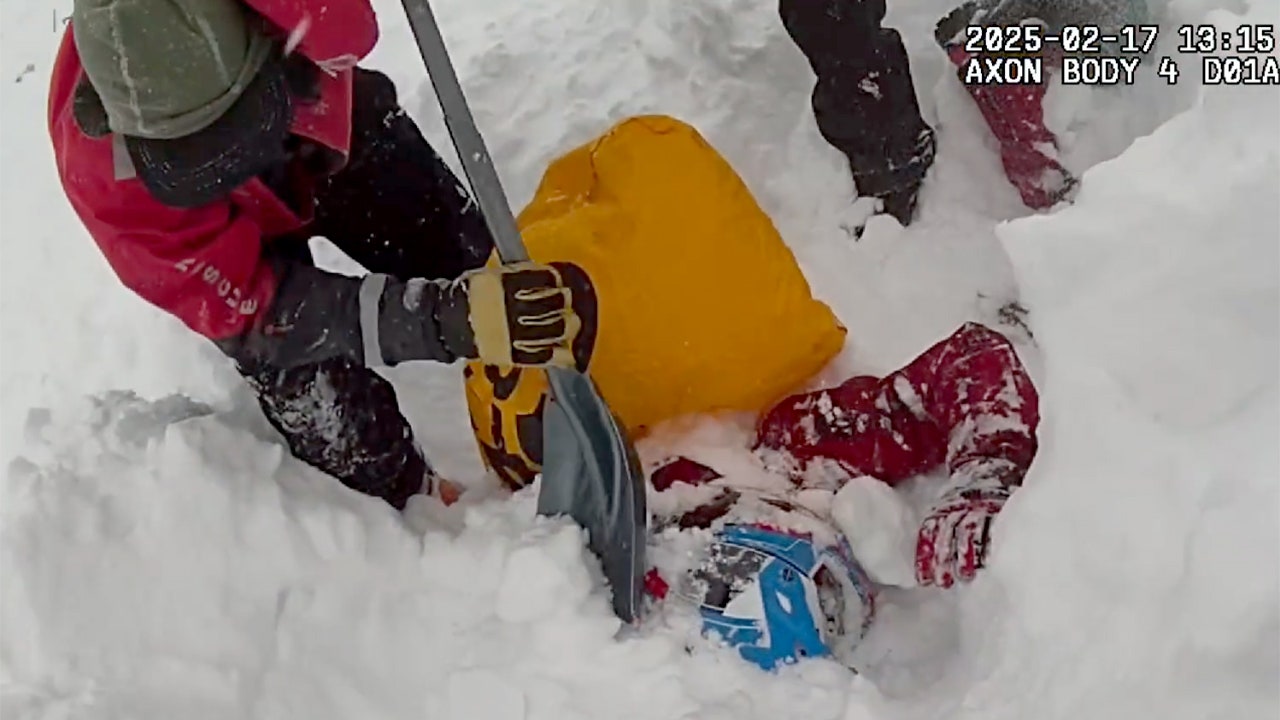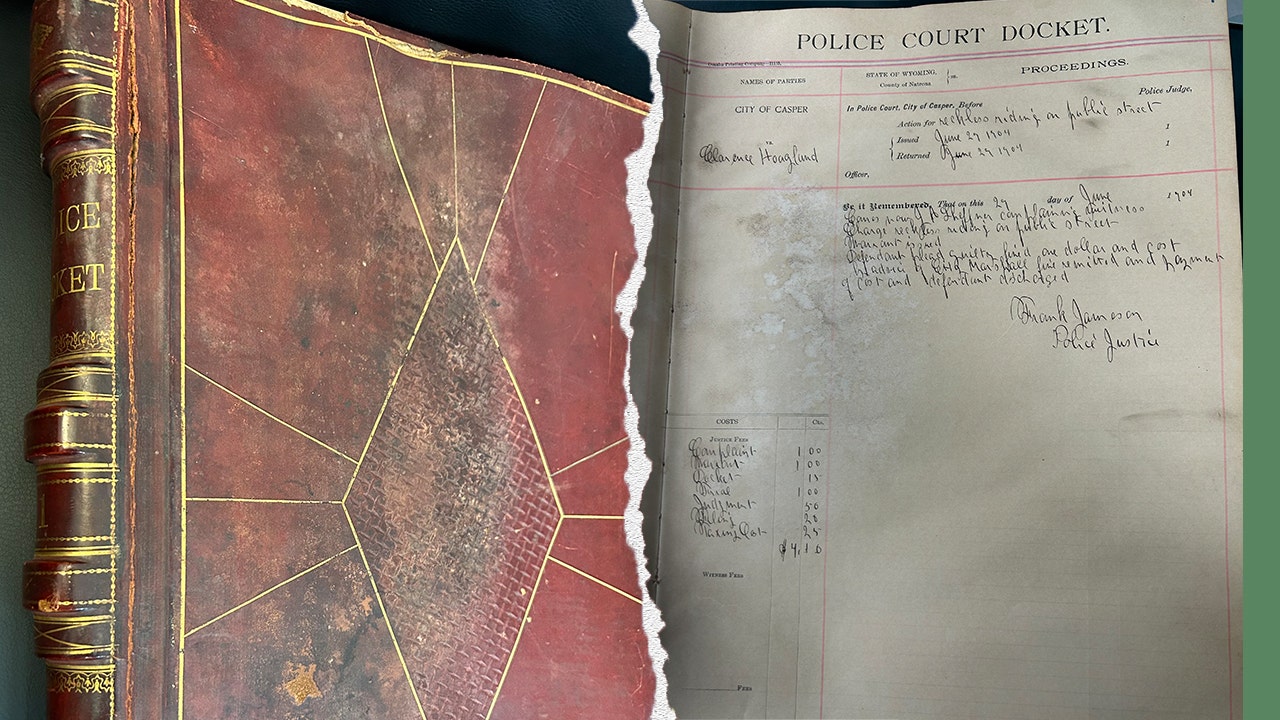COLLIER COUNTY, Fla. — The David Lawrence Center (DLC) has initiated a new pilot program aimed directly at preventing suicide, requiring only a cell phone for participation. This innovative approach is more than just a series of messages; it’s a lifeline.
The Centers for Disease Control and Prevention (CDC) reports that someone dies by suicide every 11 minutes in the United States. This staggering statistic weighs heavily on the community, prompting the DLC to launch “Caring Contacts,” a program designed to combat this tragic trend.
“We begin with a series of text messages that vary slightly in frequency and content over the next 90 days,” shares Nancy Dauphinais, the Chief Operating Officer. This carefully structured method aims to reach individuals who have recently left a crisis center, as well as those identified through mobile outreach initiatives and outpatient centers.
WATCH BELOW TO SEE HOW THE PROGRAM WORKS:
CARING CONTACTS: David Lawrence Center launches new suicide prevention program
The risk of suicide surges alarmingly within the week following discharge from a facility. Dauphinais notes, “There’s a 300% increase in risk for death by suicide just one week after leaving, and a staggering 200% increase in the following 30 days.” Many individuals, unfortunately, do not show up for their discharge appointments, amplifying this vulnerability.
The caring messages will range in their content, but they all relay one essential theme. “We communicate that we care deeply about the patient’s mental health and that we want them to stay safe during this time,” she explains, emphasizing the importance of connection in the recovery process.
Research published in the Journal of the American Medical Association supports these efforts, revealing that similar programs have significantly reduced suicidal thoughts and attempts among military personnel. “These messages don’t require a response from the individual, yet their very existence is a reminder that someone cares,” Dauphinais reflects.
The variety in the messages is intentional, carefully timed to reach recipients during moments when they might feel most alone or most vulnerable. “What makes Caring Contacts so powerful is the caring nature of the outreach. It reassures individuals that they are not alone; there are people who genuinely care,” she states, capturing the essence of this initiative.
This pilot program was made possible through a $40,000 grant from the Mental Health Risk Retention Group. Dauphinais expresses hope for its permanence and expansion, envisioning a future where more individuals receive the support they desperately need.
If you or someone you know is struggling, the message is clear: reach out by calling or texting 988, as help is always just a message away. This proactive approach not only aims to prevent tragedies but also serves as a reminder of the power of compassion in moments of turmoil.




































